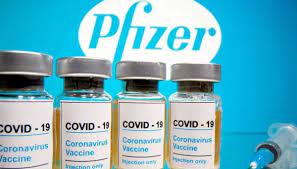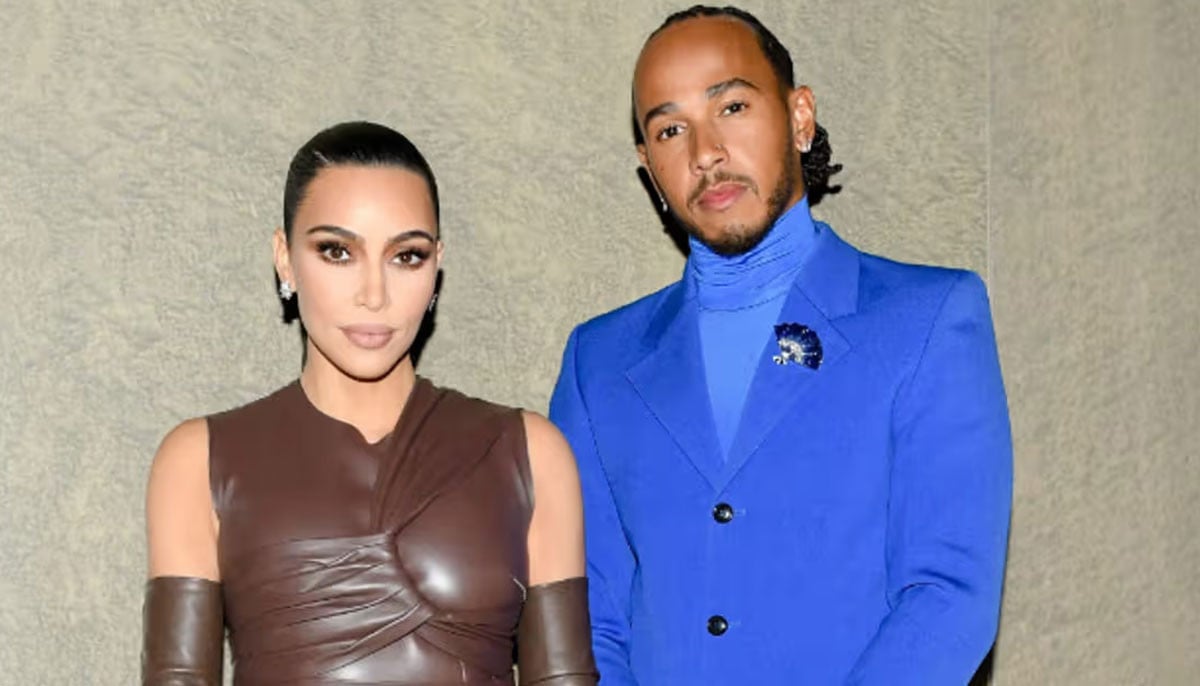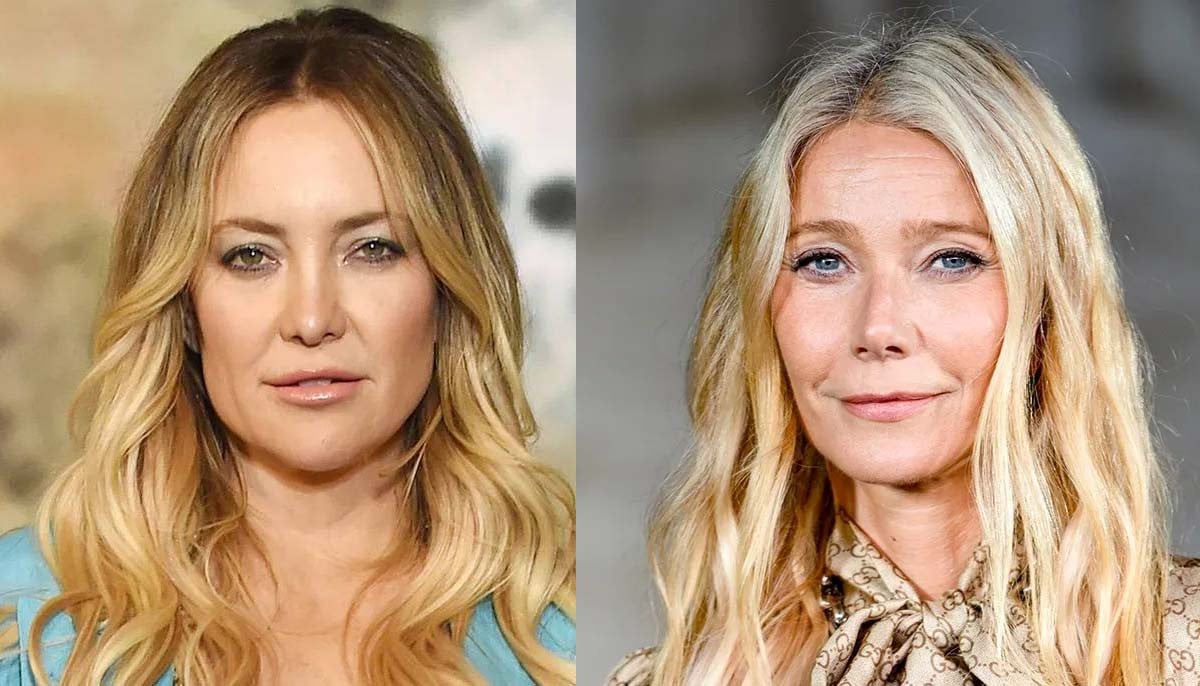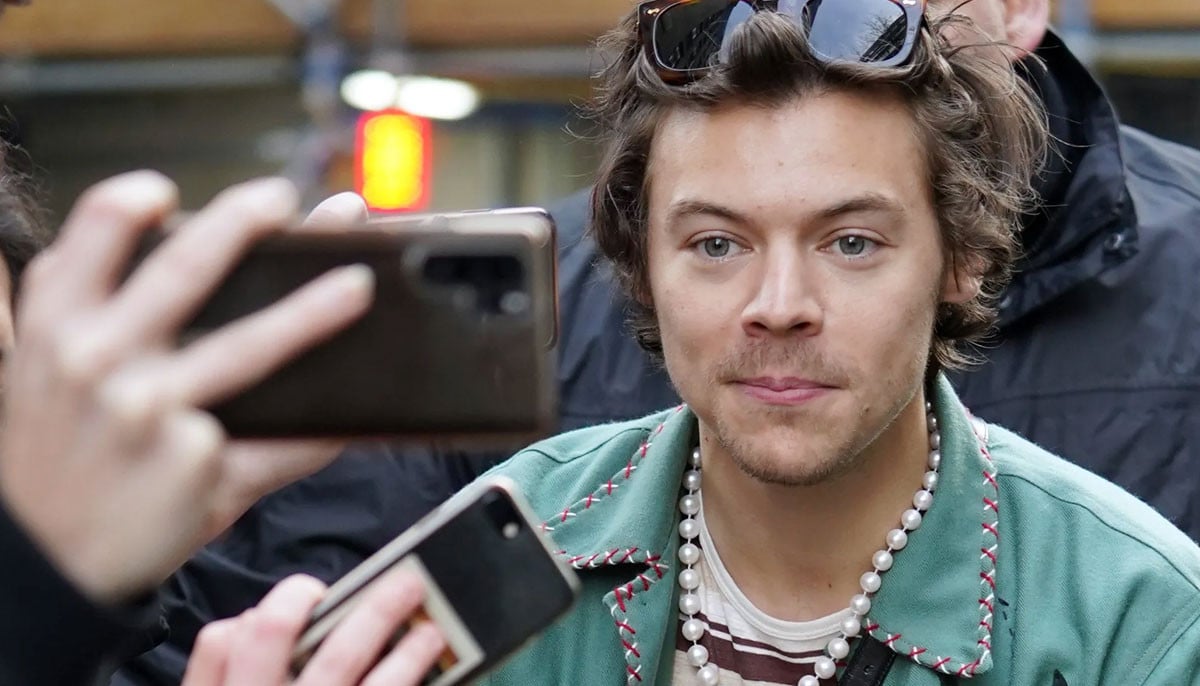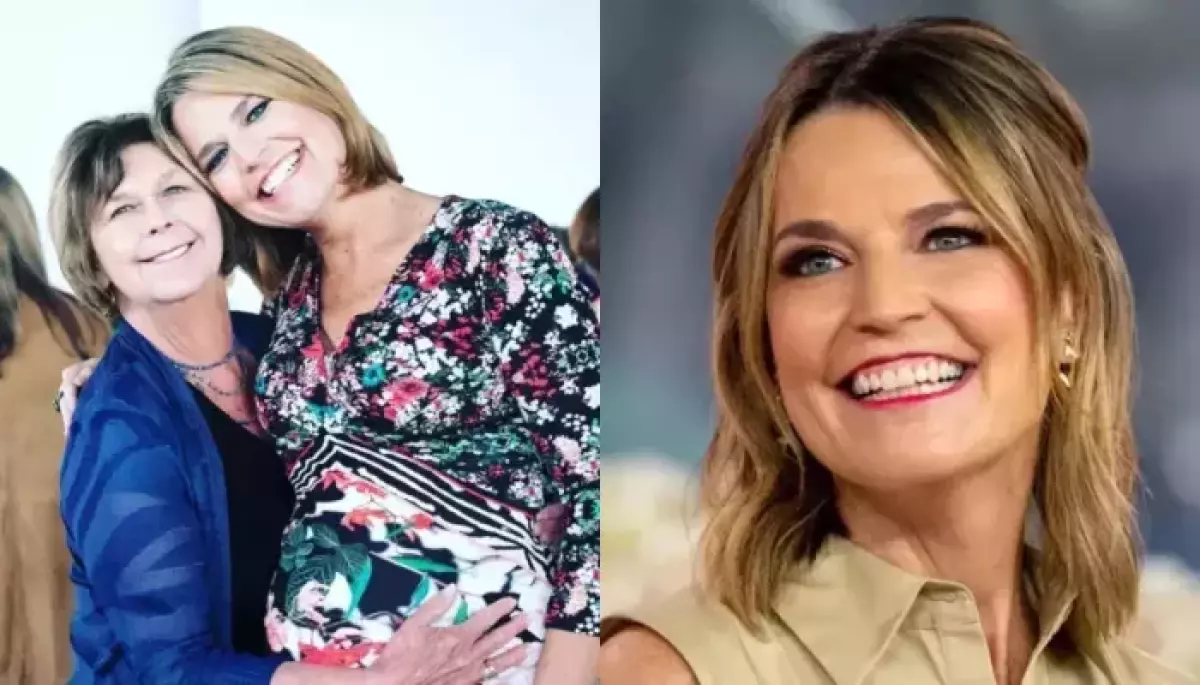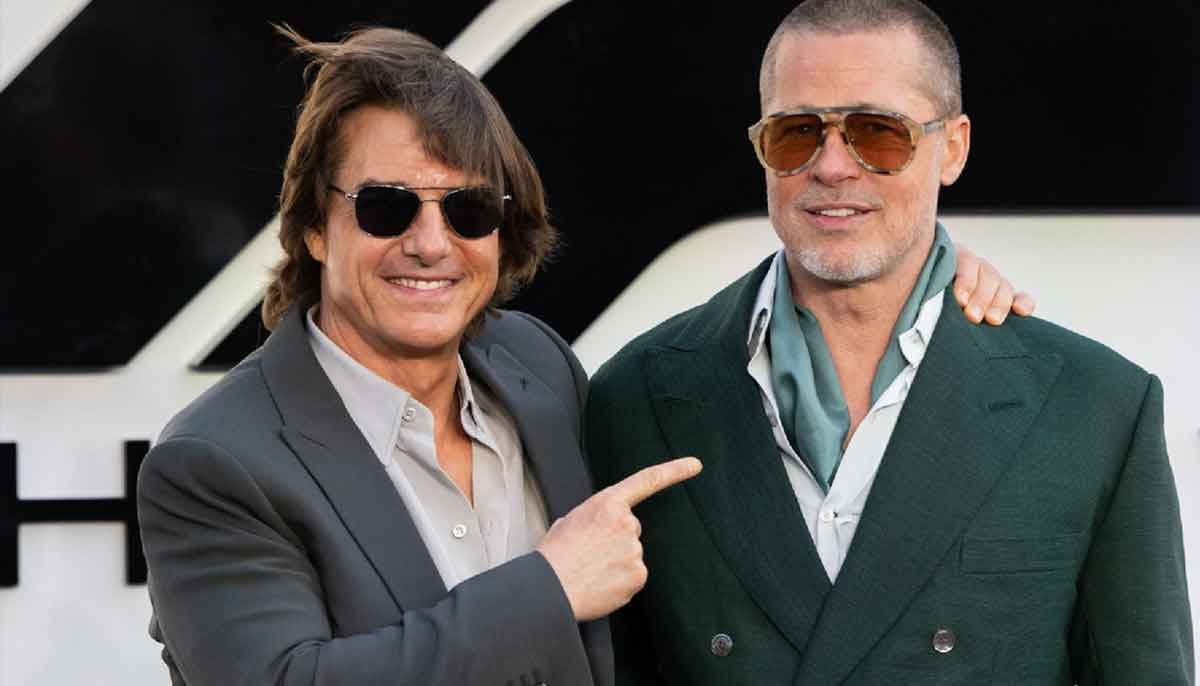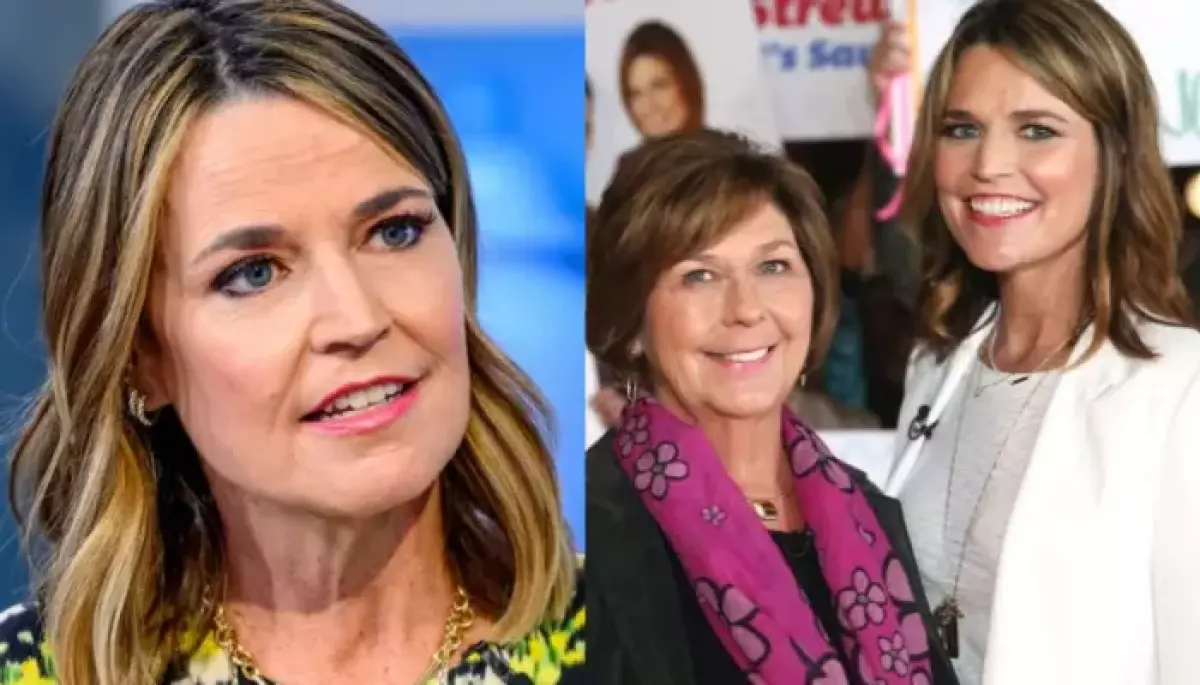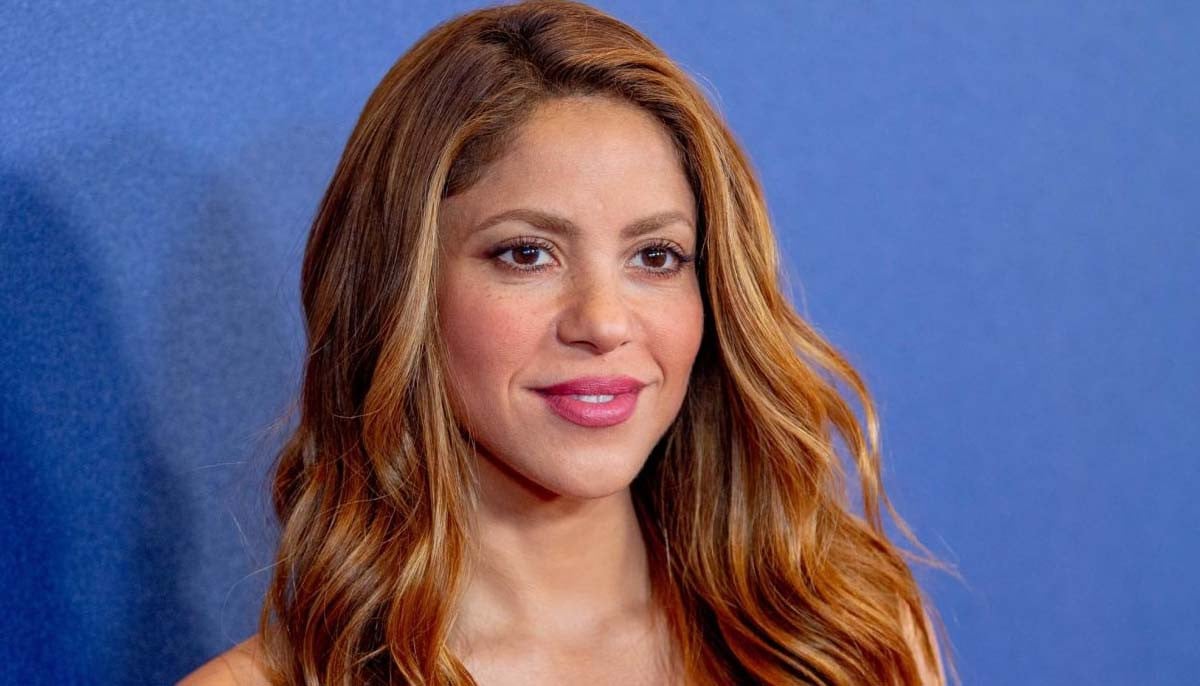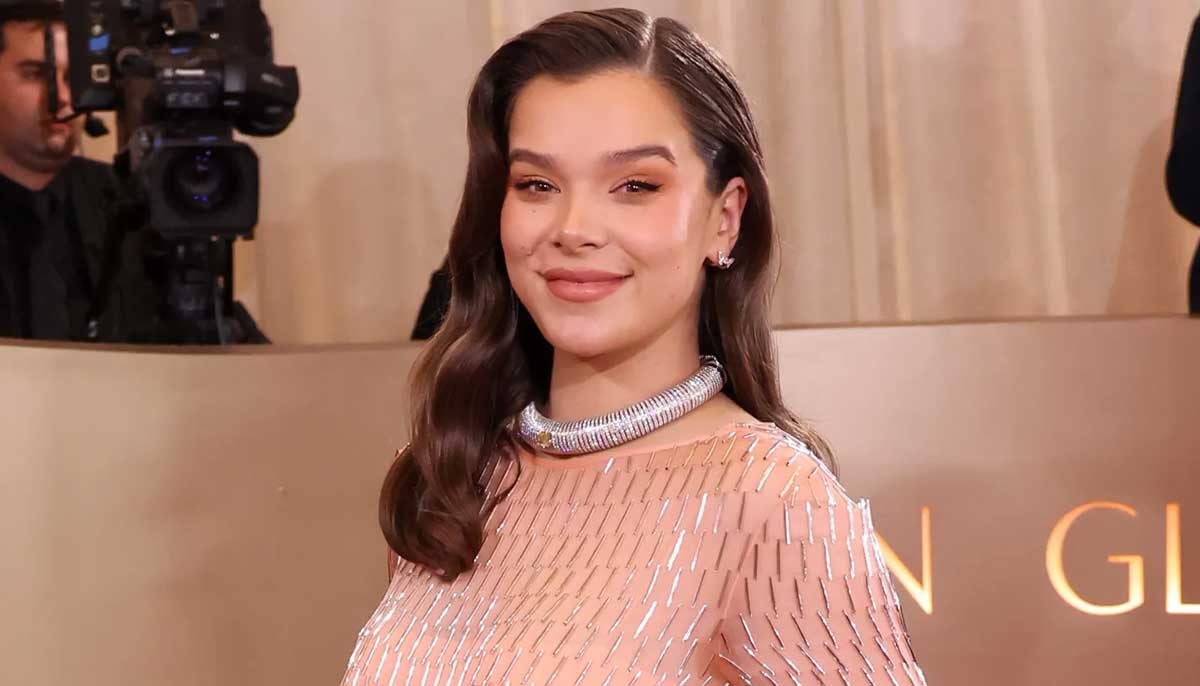The US Food and Drug Administration (FDA) approved the Pfizer Inc and BioNTech coronavirus vaccine for children aged 5 to 11 years old on Friday, making it the first COVID-19 vaccination for young children in the US.
The shot will not be provided to the age group right away. The Centers for Disease Control and Prevention in the United States still needs to advise on how the injection should be delivered, which will be decided once a committee of outside experts meets on Tuesday to examine the strategy.
Pfizer announced on Saturday that it would begin sending paediatric vials of the vaccine to pharmacies, paediatricians’ offices, and other locations where the doses will be administered.
The FDA decision is likely to make the vaccination available to 28 million American youngsters, many of whom have returned to school for face-to-face instruction.
It comes after a panel of the regulator’s experts unanimously recommended the authorization on Tuesday.
Only a few other nations, notably China, Cuba, and the United Arab Emirates, have approved COVID-19 vaccines for infants this age or younger.
The FDA approved a 10-microgram dosage of Pfizer’s vaccination in young children, which is lower than the initial vaccine’s 30 microgram dose for people aged 12 and older.
After closely monitoring the rate of heart inflammation, or myocarditis, that has been related to both Pfizer and Moderna vaccines, FDA panel members concluded that a lower dose might help alleviate some of the uncommon adverse effects.
The agency stated on Friday that the proven and prospective benefits of the Pfizer vaccine outweigh the risks in children aged 5 to 11.
The FDA has approved a new version of the vaccine for paediatric use, which employs a novel buffer and may be stored in freezers for up to 10 weeks.
In the United States, around 58 percent of the population is completely vaccinated, behind other countries such as the United Kingdom and France. Many individuals who were hesitant to be vaccinated may be more hesitant to give the vaccination to their children.
“We absolutely hope that as people see children getting vaccinated, being protected, and being able to engage in activities without anxiety,” Acting FDA Commissioner Dr Janet Woodcock said during a news conference.
“And as we get more experience with the vaccination, we will have more confidence in its safety.”
In a clinical study of children aged 5 to 11, Pfizer and BioNTech’s vaccine demonstrated 90.7 percent effectiveness against the coronavirus.
“This is the day that so many parents have been waiting for, eager to safeguard their young children against this virus,” Pfizer CEO Albert Bourla said in a statement.
In May, the United States began delivering the vaccine to adolescents aged 12 to 17. According to the CDC, vaccination coverage in this age group is lower than that of older groups.
Pfizer’s vaccine was the first to be approved for emergency use in the United States for individuals aged 16 and older in December of last year, and it received full US clearance in August.
Moderna revealed preliminary findings earlier this week indicating that their vaccine elicited a significant immunological response in youngsters aged 6 to 11 years. It is seeking a regulatory decision in the United States on authorization for minors aged 12 to 17.


